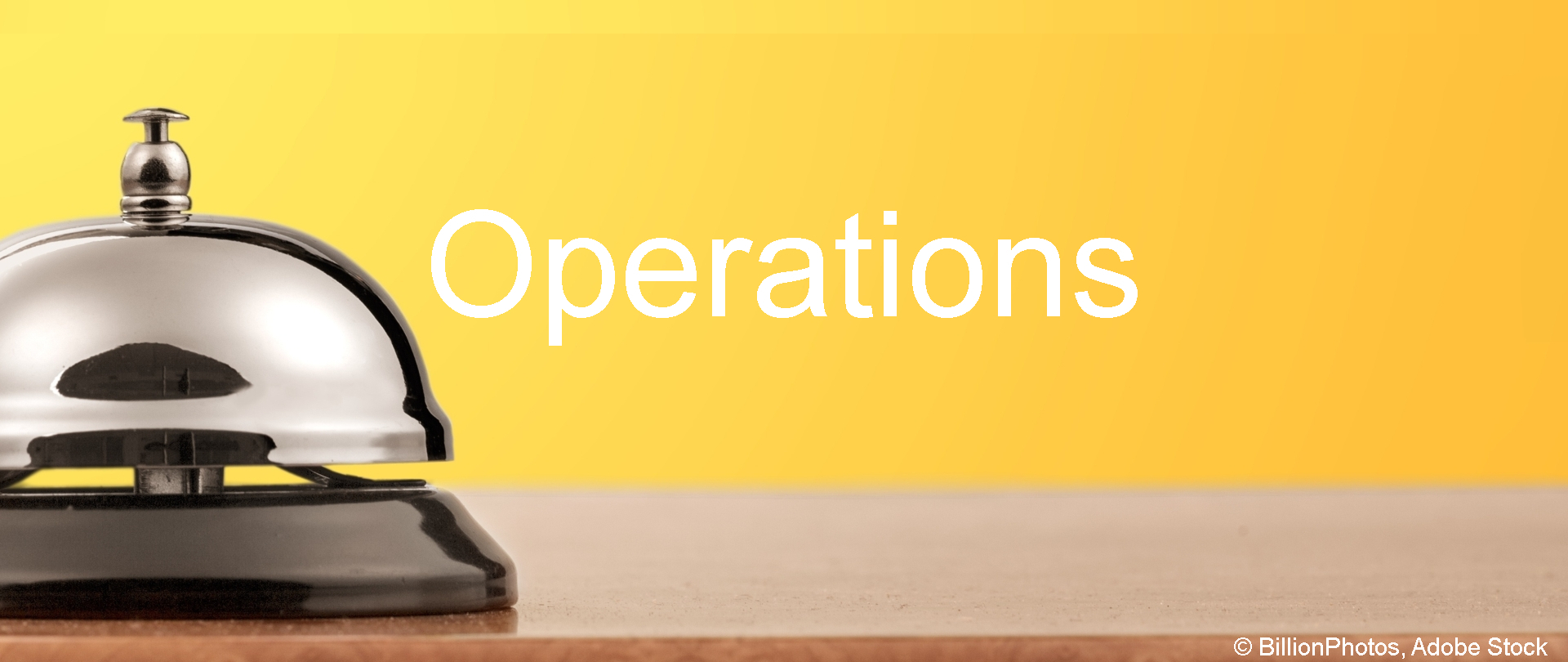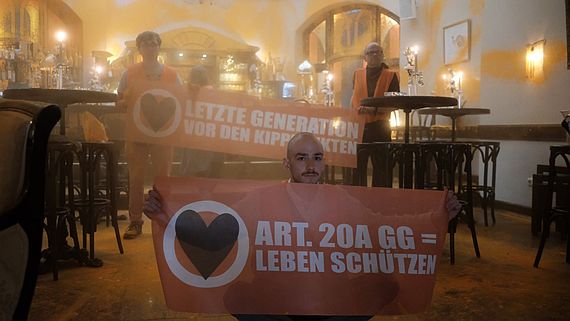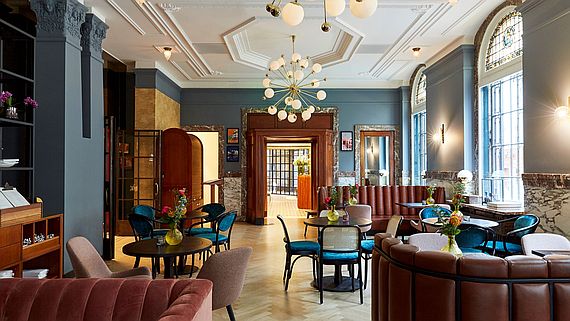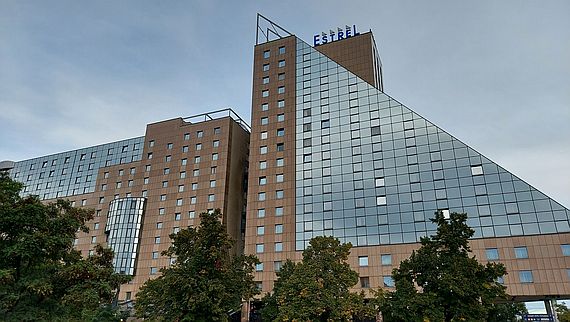
News & Stories
The Global Hotel Alliance has reported stronger-than-forecast H1 2023 results, with room revenue up a remarkable 122% year-on-year by the end of Q2. The first Chinese travellers are back.
Two days ago, on Wednesday, the cabinet approved the draft of the 2024 German federal budget introduced by Federal Finance Minister Christian Lindner (FDP). Yesterday, it emerged that the hospitality industry's wish to be allowed to keep its reduced VAT rate of 7% is not yet included in this draft.
Westerland/Sylt. In Germany, climate activists of the "Last Generation" have vandalised a hotel bar for the first time. The attack is aimed at luxury hotels and specifically at luxury hotel guests whose lifestyle is allegedly ruining the climate. This is a new dimension of politically motivated violence. Will luxury hotels be sealed off by barrier fences in the future, and will guests have to put up with greater digital control? We asked luxury hoteliers on the German isle of Sylt and in other cities. We also consulted an internationally experienced security expert on the issue. His advice is quite different.
Berlin. At the beginning of 2022, the German Bundestag introduced a central lobby register - with the aim of improving political transparency. The respective lobbyists entered their names in this register. Recently, it was updated and analysed with a focus on the tourism, hospitality and food service industries.
Geneva. In an environment of sharply rising interest rates and construction costs, White Label management companies would seem to have the upper hand. Indeed, there are a number of factors that favour these companies in the current context. American White Label companies have also cast an eye on Europe. And owners love the wide choice of franchise brands.
Munich. In the foreground, construction work on the next Travel Charme Hotel in Bad Gastein is progressing, in the background, quite a few rumours are building up about the Munich owner family Hirmer, who bought the resort hotel group five years ago. In any case, Dr Christian Hirmer has quietly left the management of Hirmer Hospitality these days.
Frankfurt. The German MICE market already experienced a significant upswing last year and the industry remains optimistic for 2023. How much analogue events can catch up even further remains exciting. Not least because the entire MICE industry has to master major challenges, including a pronounced shortage of skilled workers.
Wiesbaden. At Easter, in well-booked hotels and restaurants, tips are flowing again. Also by card? Cashless payment means a reduced tip, Falkensteiner Hotels & Residences believe, and for that reason for the last year have been testing a new model for a voluntary tip lump sum. Other companies see no need for action here, but instead rely on digital billing - without disenfranchising the guest.
Rust. After the pandemic frustration and many disappointments by German politics, it was supposed to be a sign of strength: Ten German hospitality professional associations impressively presented their strengths and élan at Europa-Park Rust last weekend. HSMA, Dehoga Bundesverband and IHA, those professional associations that consider themselves the strongest, did not participate.
Wiesbaden. Within the industry, mergers of hotel operating companies or closures are expected in the coming months, also in Germany. The reasons for this are many and varied. When the wave currently flooding over the industry will subside is uncertain. Managers are struggling after the pandemic; the industry has been hit by multiple crises and the entire situation is just too much.







